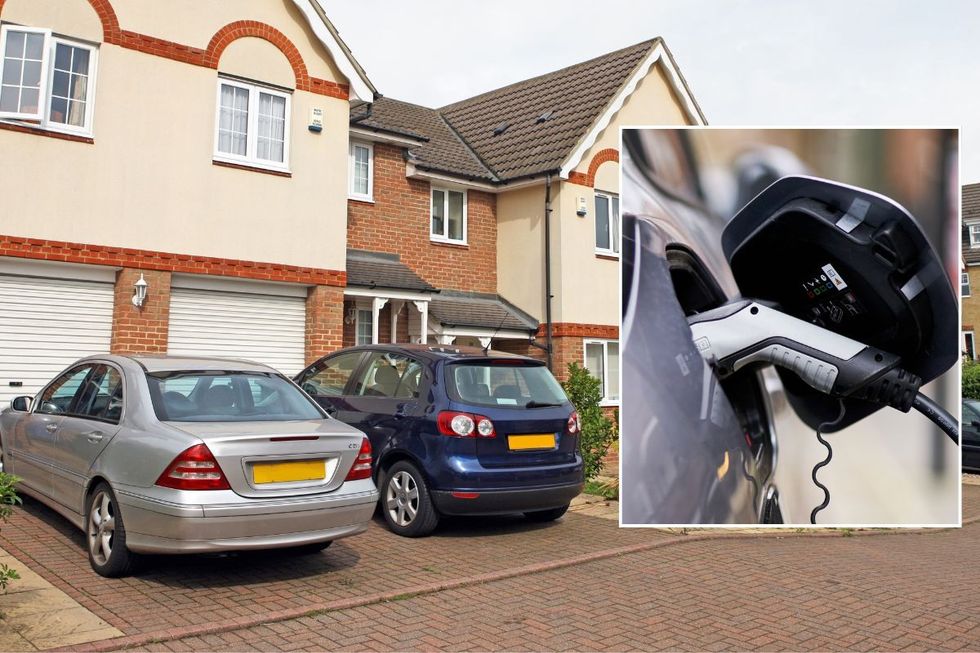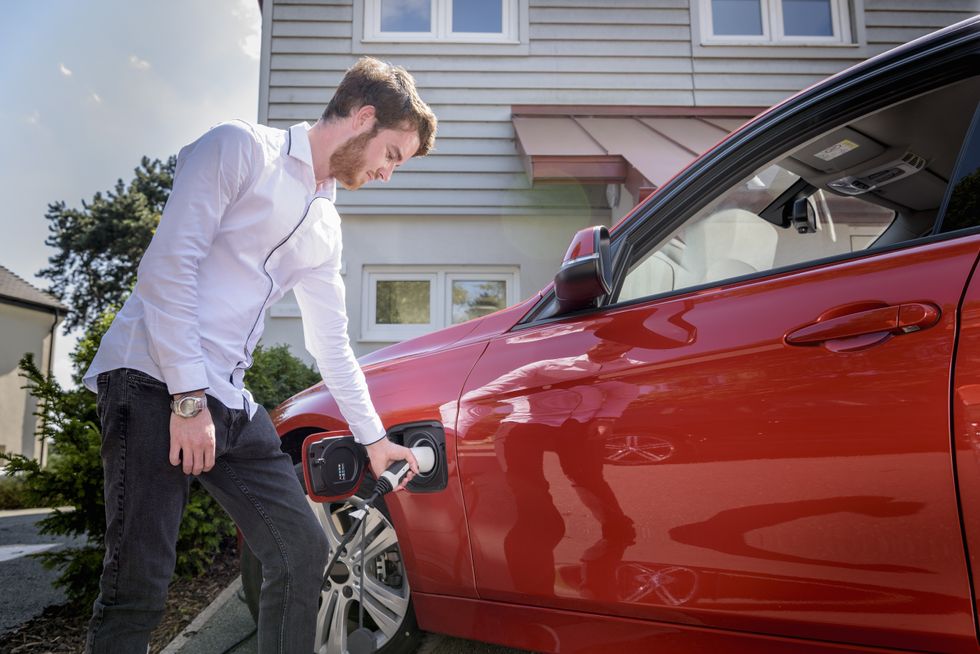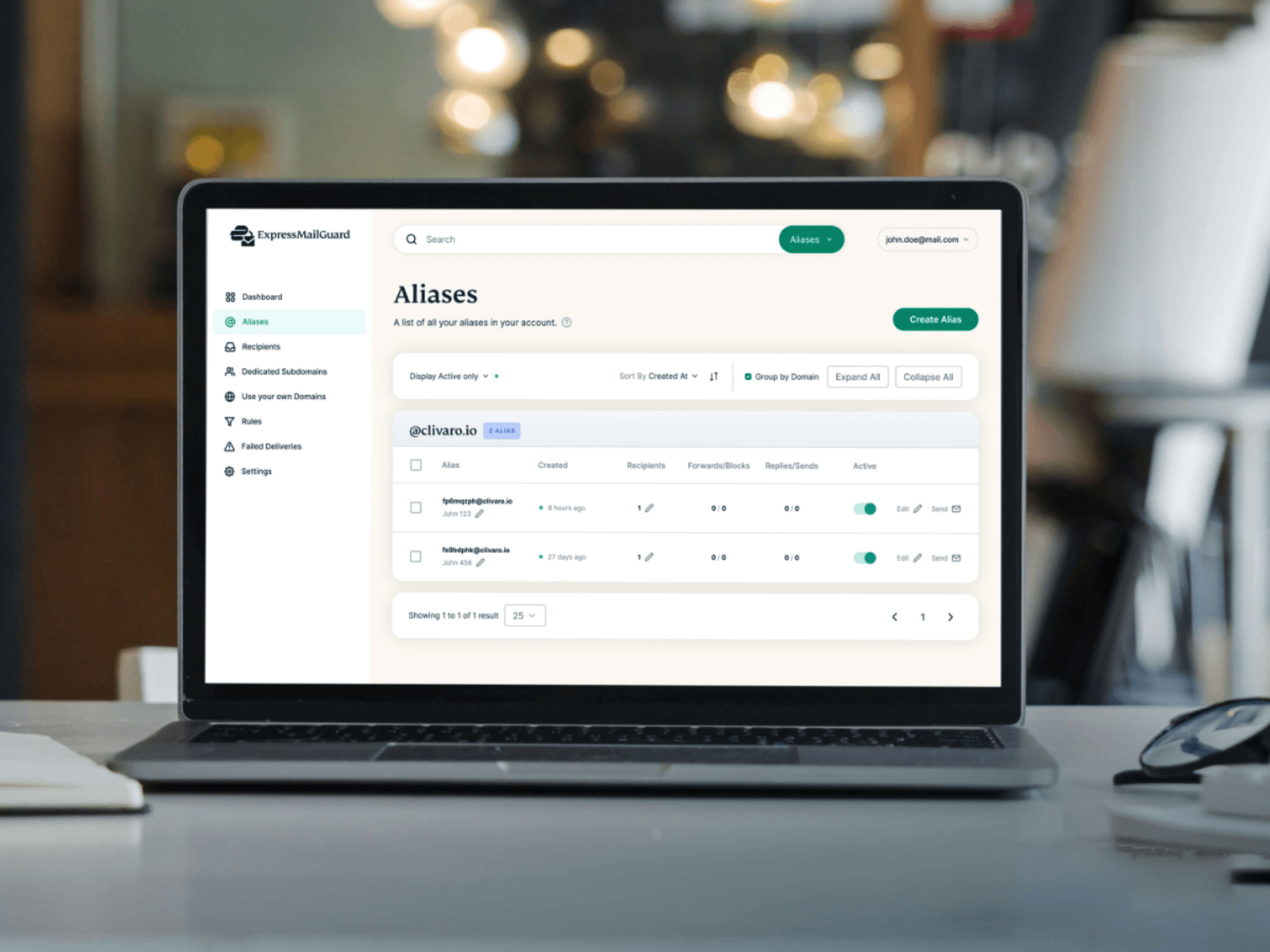Homeowners could save £650 a year when charging electric cars using AI despite soaring energy costs

One expert said AI had the potential to 'make our energy systems work better for everyone'
Don't Miss
Most Read
Latest
Households could slash their annual electricity costs by using artificial intelligence systems that manage electric vehicle charging schedules.
According to new research from the Centre for Net Zero, the average homeowner with an electric car could save £650.
The energy and AI research institute conducted a year-long trial demonstrating how automated charging technology can significantly lower bills while easing pressure on the electricity grid.
The study focused on households that had not previously used smart energy tariffs, representing a demographic typically less engaged with energy-saving solutions.
Do you have a story you'd like to share? Get in touch by emailing motoring@gbnews.uk
TRENDING
Stories
Videos
Your Say
These participants were offered the Intelligent Octopus Go tariff, which automatically schedules vehicle charging based on wholesale electricity prices and grid conditions.
The trial achieved remarkable results, with domestic electricity demand during peak periods falling by 42 per cent.
The AI system successfully moved all electric vehicle charging to off-peak times when electricity is cheaper and more plentiful.
Nearly all energy consumption - 97.7 per cent - was managed by the automated system, whilst over half the participating households never manually overrode the AI controls during the trial.

Drivers could save hundreds of pounds by letting AI control electric car charging patterns
|GETTY/PA
Customer satisfaction proved exceptionally high, with 85 per cent of participants who adopted the tariff continuing to use it throughout the full 12 months.
Users reported they were reluctant to abandon well-designed automated systems that provided both financial benefits and convenience.
Lucy Yu, CEO of Centre for Net Zero, said: "This trial confirms that AI has the potential to make our energy systems work better for everyone.
"Through automation and smart technology, consumers can optimise their electricity use, saving on bills without sacrificing on comfort."
She noted that households could utilise cheaper, cleaner electricity rather than contributing to peak demand when fossil fuel generation is typically highest.
Professor Robert Metcalfe, the organisation's chief economist and Columbia University academic, warned: "This research shows that targeted incentives and automation can reduce the need for costly power generation at peak times."
The Centre for Net Zero has proposed several policy measures to maximise these benefits, including restructuring electricity market pricing signals, reducing non-energy bill components, and implementing more flexible network charging structures.
The institute also recommends targeted campaigns to encourage tariff adoption among less engaged consumers.
LATEST DEVELOPMENTS:
- Labour urged to launch new measures to remove electric car 'barrier' impacting millions of drivers
- UK drivers slapped with £5million worth of private parking fines every day - 'Something is badly awry!'
- Diesel cars 'near extinction' and could disappear within years as UK drivers prefer electric vehicles

There are more than one million electric car chargers installed at homes across the UK
| GETTYThe technology's applications extend beyond vehicle charging, with potential for households to schedule other energy-intensive activities during periods of high renewable generation.
This approach could enhance the integration of wind and solar power into the national grid while reducing overall system costs, creating benefits that would ultimately flow through to consumer bills.
Data from Zapmap shows that there are more than one million chargers located at homes with driveways across the UK, with more installed at workplaces.
In contrast, there are around 85,000 public charging devices across almost 43,000 locations, with billions of pounds earmarked to accelerate installations.











